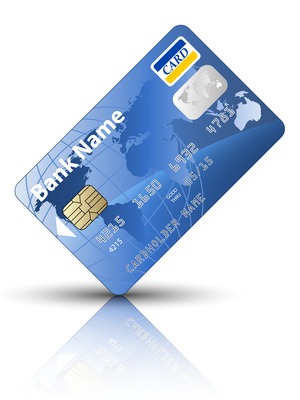 If you are looking for debt consolidation loans and ways to get out of debt, you need to realize the reason why you are even in debt. Many people do not know how easy it is to get into debt until they are living paycheck to paycheck and can barely afford to buy groceries. Once you know why and how you got into debt, you can learn solutions to breaking the debt cycle. Here are some of the common reasons why people are swimming in debt.
If you are looking for debt consolidation loans and ways to get out of debt, you need to realize the reason why you are even in debt. Many people do not know how easy it is to get into debt until they are living paycheck to paycheck and can barely afford to buy groceries. Once you know why and how you got into debt, you can learn solutions to breaking the debt cycle. Here are some of the common reasons why people are swimming in debt.
Credit Cards
The problem many people have with credit cards is the fact that it is easy money. They let you buy things that you cannot afford. Credit cards make it easy to spend money that you do not have, basically forcing you to borrow money from your future paychecks. Then to top off the improper spending, they tack on high interest rates, making it almost impossible for you to pay back the money that you have borrowed.
Improper Budgeting
Do you have a budget? If you don’t have a budget, you literally have no idea how much money you make and how many expenses you have. A budget will help you to understand what you can afford to spend on groceries and tells you whether or not a new car is something that you can even think of. It is important to establish a budget so you don’t overspend and to make sure you have enough money coming in to afford all of the expenses that you already have.
Need Vs. Want
The issues that a lot of people face is not understanding the difference from a necessity (like food) to a want (like fast food and impulse spending). When you start charging up your groceries, you know you are in trouble. It is important that you learn to have self control so you can break this type of thinking and to purchase things that are necessities, not wants.
If you are spiraling in the debt cycle, you need to take action quickly! Consider meeting with a financial advisor to find out what you can do and how you can avoid future issues with debt.
